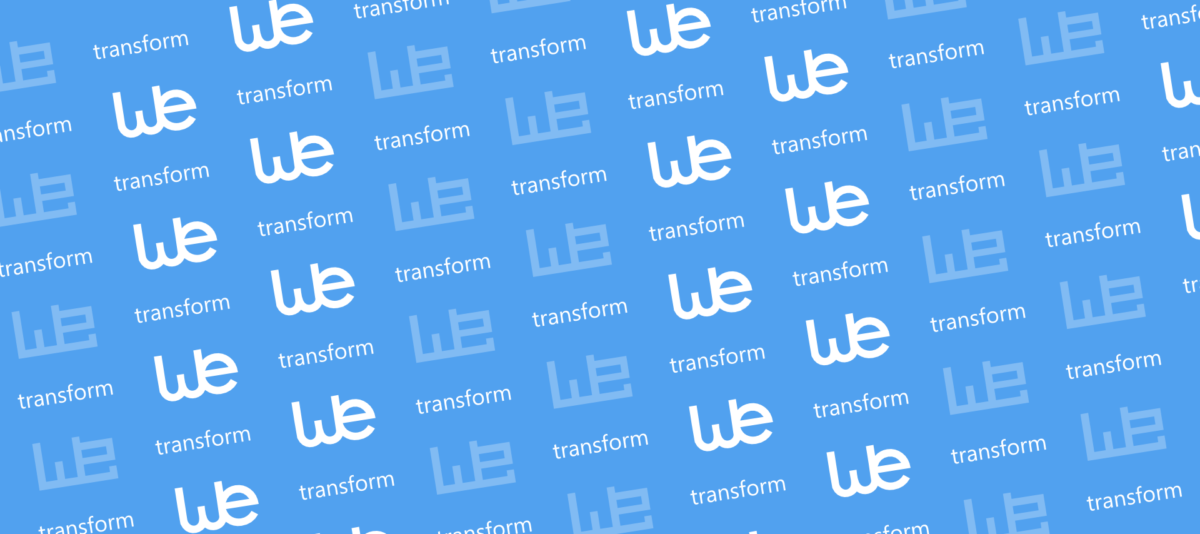
hale»connect update: INSPIRE metadata version 2.0 compliant
Who doesn’t love to get fully valid metadata?
The product team at wetransform has been working towards full compliance with version 2.0 of the Technical Guidance for the implementation of INSPIRE dataset and service metadata based on ISO/TS 19139:2007 over the past several months. A special thanks goes to Eleazar Araujo for his dedicated efforts in implementing the requirements.
We are pleased to announce that auto-generated hale»connect dataset and network service metadata is now fully compliant with that technical guidance.
wetransform helped develop the release planning process for the INSPIRE Reference Validator and as we look towards the last scheduled release of the year to include potentially breaking changes, we’d like to share some of the challenges that have kept us busy.
Adapting for Change
The migration from metadata version 1.3 to 2.0 involves a long list of removed requirements, new requirements, changed requirements and combined or altered requirements. For an exhaustive list of changes, review this document.
Important clarifications on the handling of conditions applying to access and use were introduced in metadata version 2.0, outlined in TG Requirement C.17 and TG Requirement C.18. The hale»connect metadata editor now enables users to make a selection from the INSPIRE Limitations on public access codelist. In the actual metadata, this codelist entry is encoded using gmx:Anchor. Users can now also select a codelist value from the INSPIRE Conditions applying to access and use codelist to set access and use conditions.
New requirements
The INSPIRE validator has added a new conformance class, Conformance Class 2b: INSPIRE data sets and data set series metadata for Monitoring to test INSPIRE monitoring and reporting requirements, including spatial scope and priority dataset keywords, that are not a part of the technical guidance.
The hale»connect metadata editor now enables users to tag metadata with a descriptive keyword from the Spatial scope controlled vocabulary in the INSPIRE Registry. The purpose of the codelist is to enable the monitoring of the distribution of regional and national level datasets supplied by Member States. Visit the [INSPIRE Maintenance and Implementation Group MIG for more information.
In addition to the Spatial scope keyword, the hale»connect metadata editor also supports tagging datasets with value(s) from to the Priority Dataset controlled vocabulary in the INSPIRE Registry. Priority dataset keywords serve to identify priority datasets provided by Member States and facilitate the discovery of datasets in the Thematic Viewer. For more information about the technical implementation of tagging priority datasets for the INSPIRE Thematic Viewer, visit the INSPIRE helpdesk wiki. Both Spatial scope and Priority dataset codelist values can be added directly to hale»connect metadata using dropdown menus in the dataset metadata editor.
Ever evolving
More changes are coming up, and we will monitor them and adapt our solutions to make sure your datasets, metadata and services remain compliant with the ever-changing demands of INSPIRE requirements.
Compliance is a complex topic which involves not only the technical requirements and the INSPIRE validator, but also tests run by third party solution providers OGC CITE, and new issues that can arise when testing new datasets in new conformance classes which contain elements that trigger the execution of additional tests.
Although all of our generated metadata is error free, hale»connect WMS view services currently receive a schema validation error because we include http://schemas.opengis.net/sld/1.1.0/sld_capabilities.xsd in the schema location of the GetCapabilities document. We do this to offer the GetLegendGraphic request and we are currently discussing the issue in the INSPIRE validator community as we are of the opinion that it should be permitted.
hale»connect WFS download services receive temporal filter validation errors for some datasets that contain temporal elements due to an error in the OGC CITE Team Engine, which has been fixed in the latest release. Once the updated Direct WFS conformance class is rolled out, the INSPIRE validator will use it and the issues will be resolved. hale»connect ATOM feeds continue to receive errors due to known bugs that we are working to solve.
We are testing continuously, and in doing so we hope to provide hale»connect users implementing automated metadata solutions a framework for metadata 2.0 compliancy and beyond.
Other hale»connect updates
While compliance has been the number 1 priority, we’ve also added some new features.
Shapefile and attachments publishing
hale»connect now supports publishing shapefiles with referenced attachments. Relative file references added to fields within shapefile attribute tables are recognized as attachments and transferred to the target dataset if there is a transformation configured for the dataset. Attachments can include .PDF, .PNG, .PGW, .GeoTIFF or other file formats. Attachments provide users the option to serve additional, supportive documents in pre-defined download services. Learn more about attachments on hale»connect.
Copy Profiles
Profiles can now be copied on hale»connect. This functionality enables the use of existing profiles as a base for other profiles, which might be more restrictive. When copying a profile that belongs to an organisation other than the current user’s context, both the profile and the underlying schema must have the access permissions set to “Public”.


